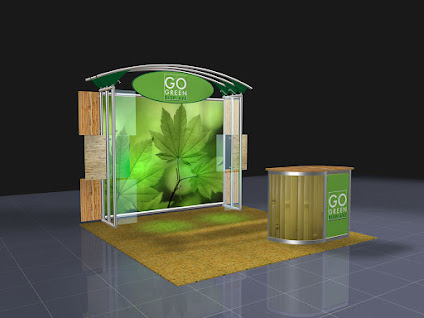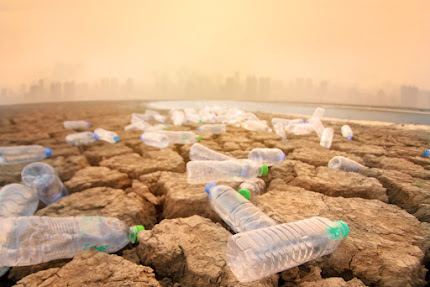
W HY ARE SCIENCE BASED TARGETS IMPORTANT FOR SUSTAINABILITY GOALS Science-based targets are important for sustainability goals because they provide a framework and methodology to ensure that efforts to mitigate climate change and achieve sustainability are grounded in scientific evidence and align with the global objectives necessary to avoid catastrophic environmental impacts. Here are several reasons why science-based targets are important for sustainability goals: 1. Alignment with Climate Science: Science-based targets are set in alignment with the latest climate science and research, particularly the recommendations of the Intergovernmental Panel on Climate Change (IPCC). This alignment ensures that the targets are consistent with what is needed to limit global warming to safe levels and prevent the most severe impacts of climate change. 2. Climate Change Mitigation: Science-based targets aim to reduce greenhouse ...


